Social Work and Anthropology (SWAN) doctoral student wins prestigious Douglas A. Fraser Center research award
Kellan McNally, a Social Work and Anthropology (SWAN) program doctoral student, recently joined an elite group of award recipients. McNally received a Douglas A. Fraser Center research award for his study, “Competing Constructions of Labor Value: Representations of Patient-Workers in State Mental Hospital Reports Before 1970.” McNally is one of 12 scholars who received the award for 2023-2024. Mark Luborsky, Ph.D., Department of Anthropology, is one of McNally’s faculty advisors, along with Bryan Victor, Ph.D., from the School of Social Work.
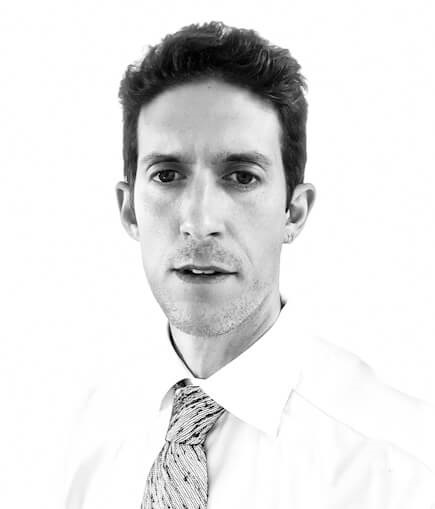
“I was really excited and honored when I heard the news. Winning this award means I get the chance to engage with others who share some common interests,” McNally said.
According to the Douglas A. Fraser Center for Workplace Issues, “Each of the research grant recipients will be sharing their findings in a public research presentation within the next 18 months and a summary of their work will be published on our website.”
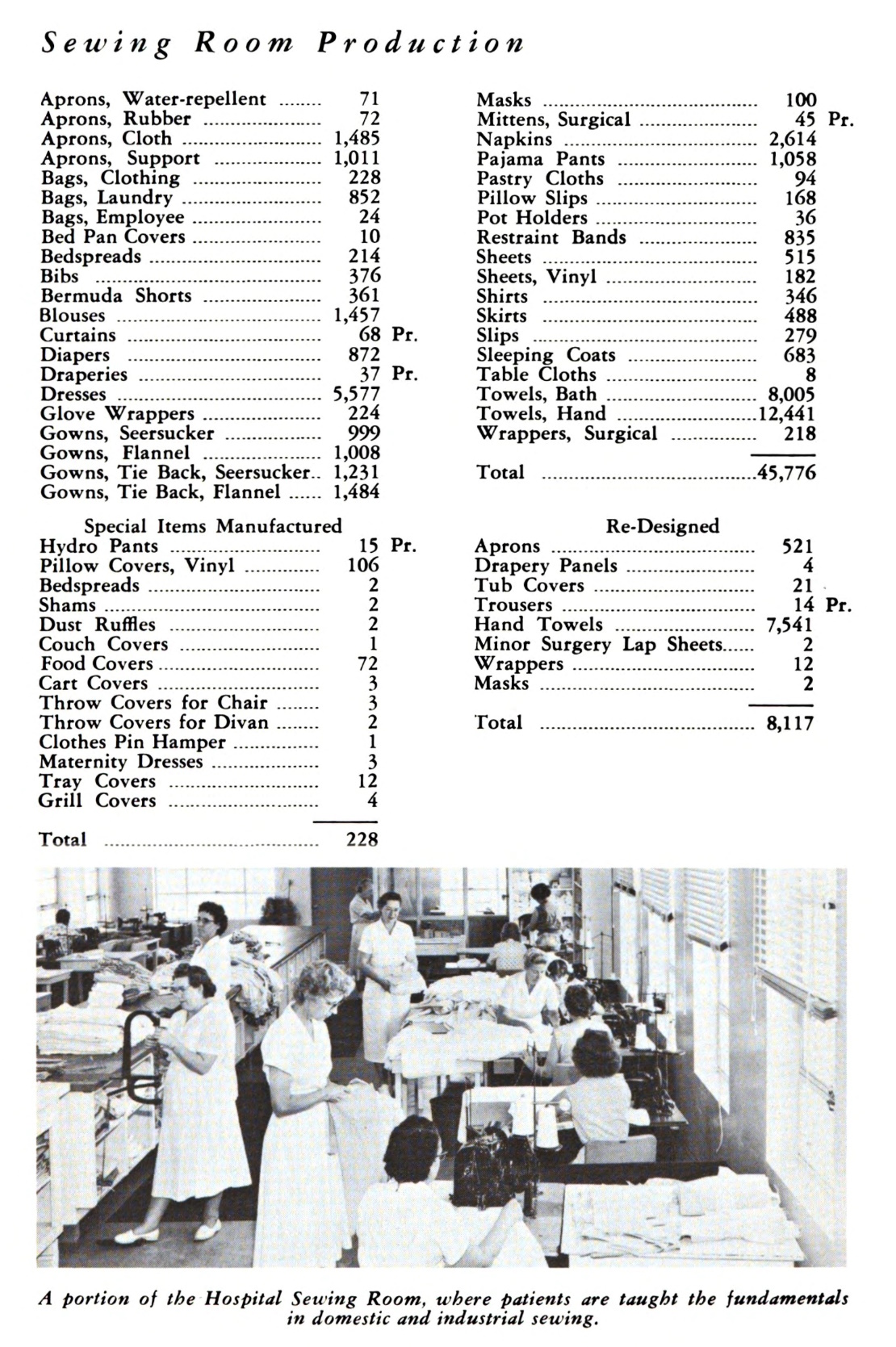
The goal of McNally’s project is to create an original resource composed of records (primarily photographs, examples throughout this article) of ‘patient-workers’ laboring for the benefit of state mental hospitals.
“My work will invite a broader critique of the ‘good’ of working constructed by organizations to sustain unfair distributions of wealth. By remembering the history of patient-workers, this project contributes to a larger goal of ending the economic exploitation of people with psychiatric diagnoses at a time today when many community organizations are shifting toward funding services through social enterprises that turn clients into employees,” McNally said.
He is considering showcasing his collection of patient-worker photographs at a public event or museum exhibit.
“I think this is the type of visual history that our School of Social Work and other schools of social work might be interested in showing,” he said.
Another key component of his study has to do with a method for identifying images within this collection of annual and biennial state hospital reports.
“I started a public collection of annual and biennial reports of state mental hospitals on HathiTrust that will be the basis for this project, and so far, I’ve gathered thousands of pages of reports. I’m exploring a qualitative approach that leverages computational techniques to automate detection of visual elements in these historical documents,” he said.
McNally is interested in studying labor in mental health treatment because work expectations for patients continue to evolve.
“With the end of industrial therapy programs and closure of state mental hospitals, programs like Supplemental Security Income (SSI) were established, requiring beneficiaries undergo routine medical treatment to qualify for and maintain aid. Following these rules is hard work. Trends suggest, however, that this kind of labor arrangement may again change as human service organizations adopt models that emphasize clients’ paid employment into the missions, interpretations of recovery, and strategies to attract donors. As this institutional shift takes place, it’s crucial to ensure safe conditions and fair compensation for disabled workers as governments signal growing inclinations toward market-based social welfare approaches,” he said.
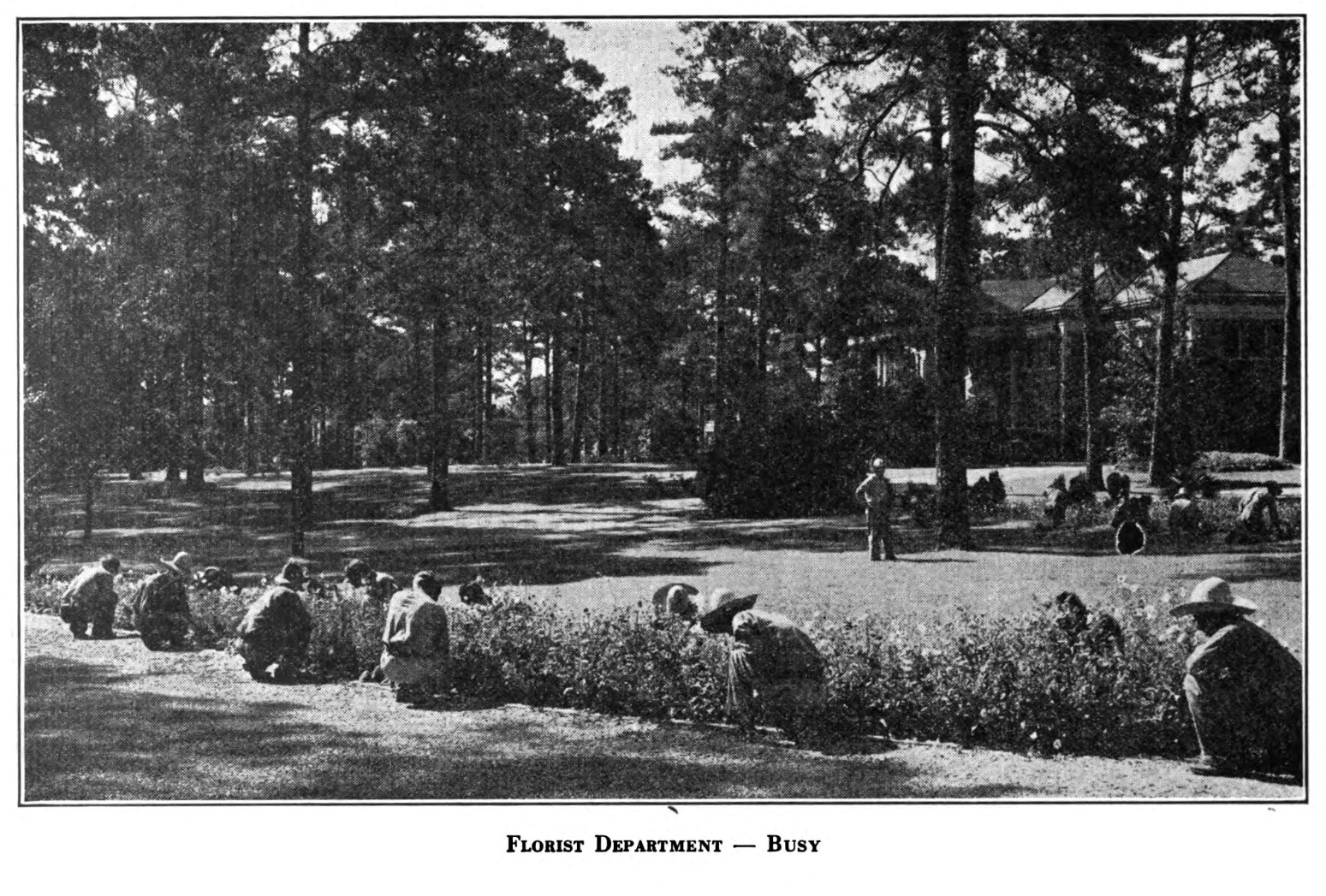
McNally is looking forward to presenting the project’s results next spring and is also planning on using some of the photographs in a presentation at the American Anthropological Association’s annual conference in Toronto this coming November.
As a SWAN student, he considers himself fortunate to have mentors and advisors across both social work and anthropology and is grateful for the guidance and assistance he’s received so far on his project.
“Dr. Mark Luborsky worked closely with me to frame this project, and he reviewed several drafts of this application. Dr. Bryan Victor pushed me to examine historical data for its implications on current forms of social work practice and organizations and inspired me to think more broadly about methods. My classmate, Marijo Upshaw, helped expand my appreciation for good social work beyond the medical model,” he said.
As for his current class schedule and future career goals, McNally describes his dual track program as “slow-going.”
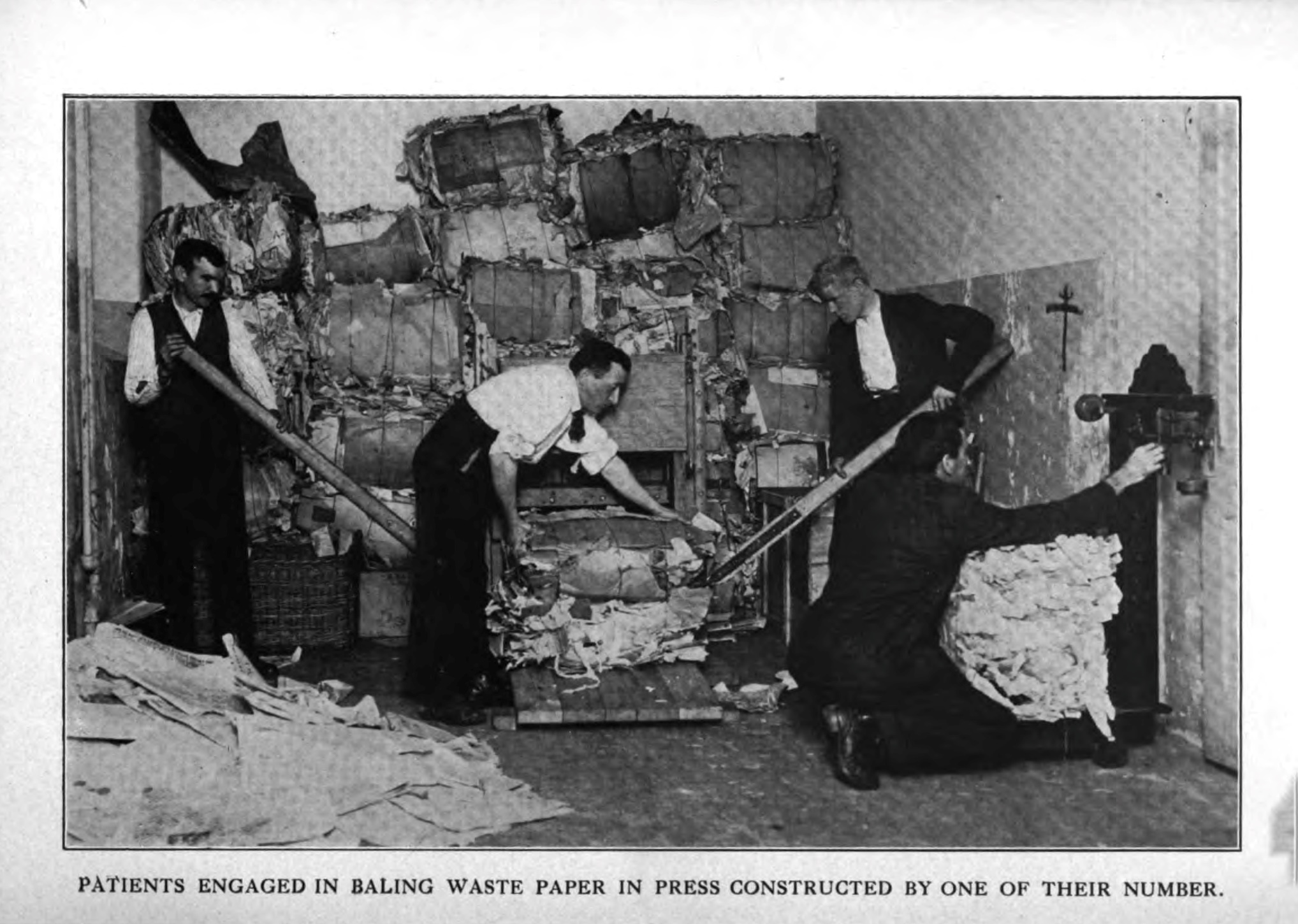
“I’m entering into my third year of coursework this year and think these will be the final two semesters of coursework — then real dissertation planning can begin. My career goals are somewhat dependent on the availability of university jobs, but right now I want more teaching and research experience. I like working with MSW students and clinical trainees, and I was a clinical supervisor before I joined the WSU PhD program. I’d like the chance to work as a professor at some point, to help prepare social work graduates, and to do research that informs policies and practices for mental health organizations,” he said.
While McNally’s research is garnering awards, it is also being recognized and acknowledged by his mentors and faculty advisors.
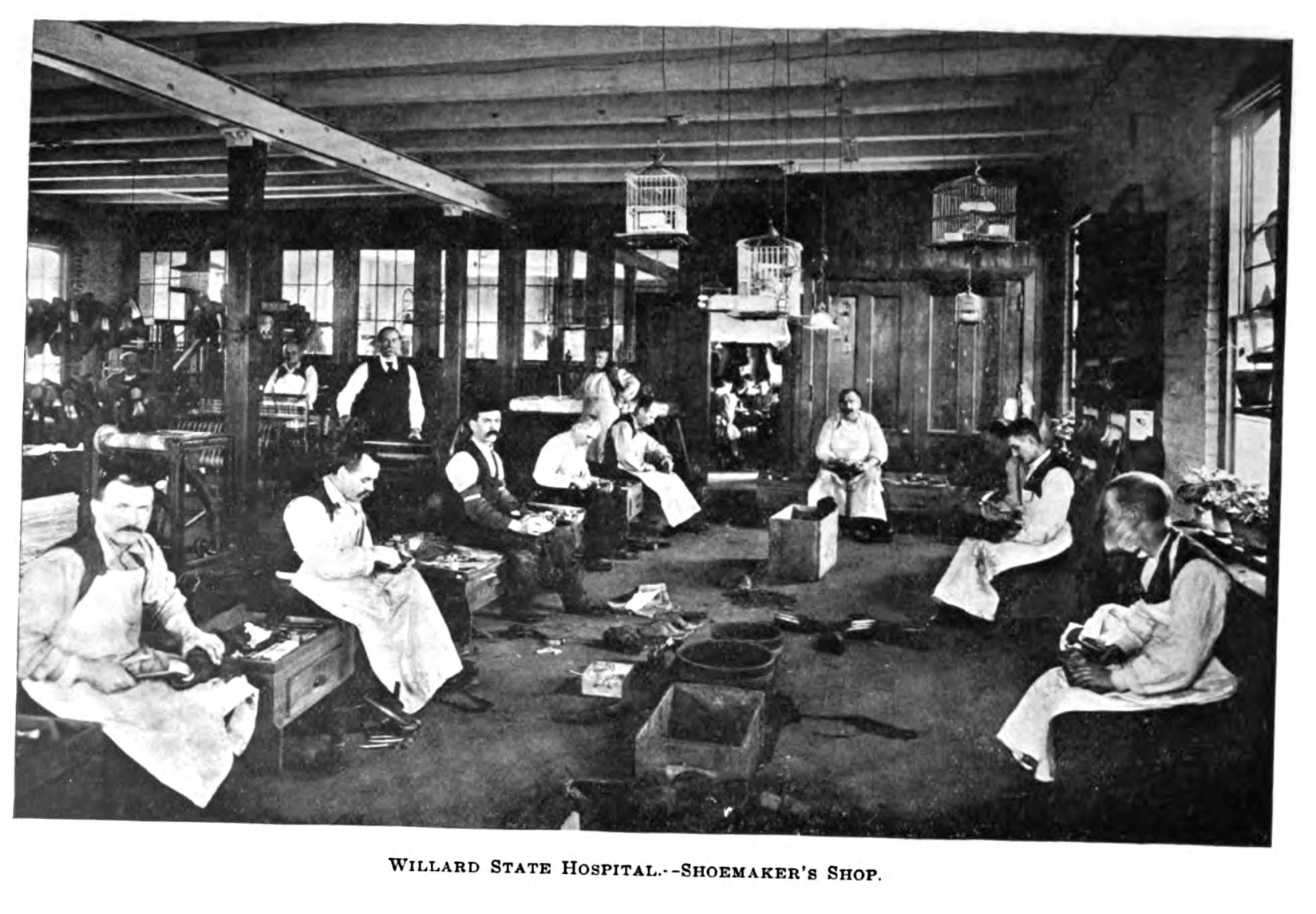
“Kellan's work promises to advance insights into how taken-for-granted historical concepts of both development and social progress in therapy, labor force development, and the responsible person inform current policy. He is building a novel and substantial multistate database of state mental hospital records that will be a baseline and resource for his research program and enable work by other researchers. The power of this critical deep dive to reexamine the roots of today's institutions, practices, and policy is that it will enable us to raise fresh questions and new visions for achieving a more just future in ways that minimize recreating prior concepts and policy,” Luborsky said.
To view McNally’s extensive collection of annual and biennial state mental hospital reports, visit here.
Top hero image caption: Central State Hospital of Virginia, Petersburg (1915, p.32) - “Diversional Occupation”
Author: Laura Hisphire laurahipshire@wayne.edu, Editor: Betsy Vanderstelt fq0994@wayne.edu